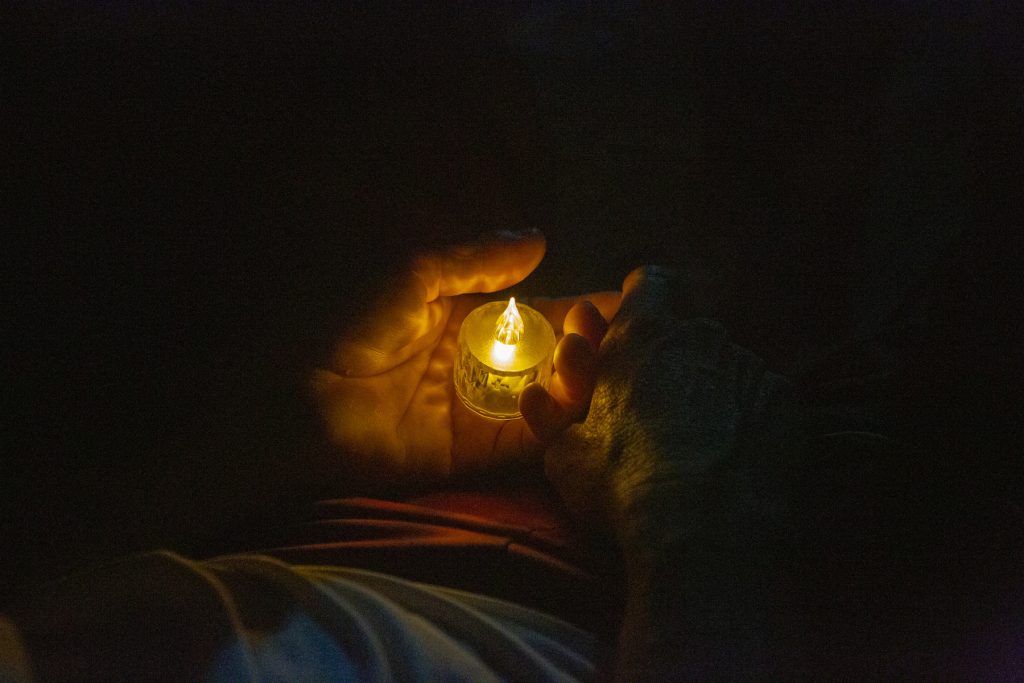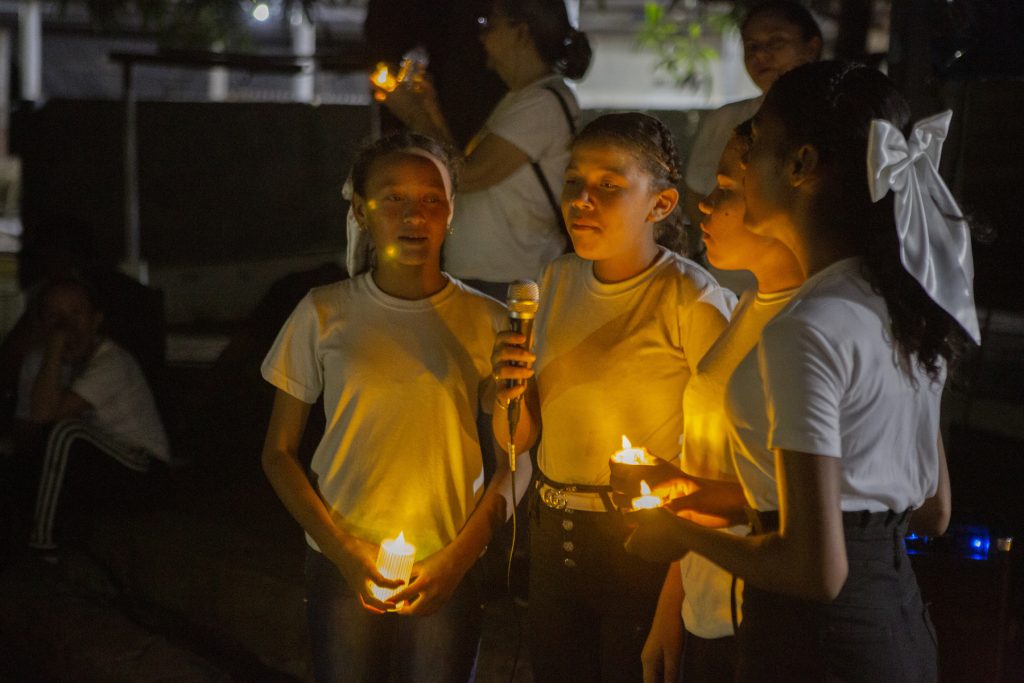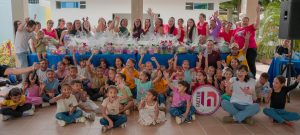Gratitude day 2024 brings hope to Venezuela
The importance of the contributions of the Venezuelan families to HD research and disease understanding cannot be minimized, even with the passing of time. The journey of these families in advancing our scientific and medical work started in the 1970s, after the presentation of Dr. Avila-Girón in 1972 in Ohio, USA, of the presence of many families afflicted with a disease that looked like Huntington’s, to commemorate the 100th anniversary of the George Huntington’s paper describing the choreic symptoms of HD.
At this meeting, a 30′ video of the families from the San Luis neighborhood in Maracaibo, prompted the interest of Nancy Wexler and colleagues to visit Venezuela. Hence it began a collaboration of more than 20 years that culminated in the identification of the HD gene and the mutation that causes the disease. But the study of the largest HD pedigree in the world revealed much more than the gene. And it continues to deliver insights even today.
For example, the study of the first individuals homozygotes for the mutated gene was possible due to the intermarrying of community members from these towns, and yielded credence to the idea that the mutation was working as a toxic gain-of-function, still the leading hypothesis of HD. The first rating scales that expanded beyond motoric features of the disease were tried and tested over years in this population, ensuring concordance across multiple raters, and the optimization of scales that captured non-motor features of the disease. The influence of the CAG repeat length on age-of-onset was also identified by studying these large families, as was the fact that CAG length did not account for all the variation observed, initiating the search was possible genetic modifiers of the disease. The ability to follow-up year after year with affected and at-risk individuals, living in single location, and sharing a similar environment, was instrumental in understanding the clinical and epidemiological aspects of the disease.
There were samples donated for research beyond the extraction of DNA. Skin, blood, semen, and brain specimens laid the groundwork for many discoveries in the field. And finally, the Venezuela experience was momentous for those clinicians and scientists interested in HD. As I can personally attest to, a visit to Maracaibo changes your perspective on your work, on the scientific promise of useful therapies, and instills a motivation to persist that is so necessary for the scientific enterprise to succeed. An entire generation of HD professionals, the leaders of today’s research, were shaped by Venezuela.
This is why we recognize March 23 as Gratitude Day – a day to remember the Venezuelan contributions to science, and a day to commemorate the immense cooperation between families and scientists who have helped so much in shaping this field.
For this year, we asked two clinicians who participated in the early visits to Maracaibo to speak about their experiences. Below are their stories.
Dr. Maria Ramos is a clinical geneticist from Spain; she traveled to Venezuela in 1983 and for the next 18 years. In this video, she shares images of the time. In Spanish with English subtitles.
Dr. Bernhard Landwehrmeyer is a scientist and neurologist from Germany, founder of EHDN; he shares his appreciation for the Venezuelan families and the impact this had in his career. In English.
The world comes together for Gratitude Day 2024
Gratitude Day has become an international symbol of gratitude and solidarity. Gratitude for the collaboration of families in research and clinical trials, which enables the field to move forward. The Venezuelan experience shaped this spirit of close cooperation between families, health professionals and scientists, a spirit that persists to this day.
For Gratitude Day we asked individuals & companies to come together and post pictures with the Gratitude day sign (The H Hands – H for humanity, hope and Huntington’s), the symbol of Factor-H.
Below you will find a collection of images from around the world. We are in this together, and the project that began 30+ years ago, will certainly lead to treatments that will alter the course of the disease.
Follow them on Instagram #HDgratitudeday
Finally, thank you to all of you who have donated to help Factor-H assist the families in Venezuela. As the only organization working with these families, your donations are essential to enable out work.
Thank you to Uniqure for sponsoring the 2024 Gratitude Day
Meanwhile, in Venezuela, the Factor-H and Habitat LUZ team gathered local families for a celebration of Gratitude Day. This date has now become a celebration of their community, honoring the lives of those lost to the disease. Rather than shame and sorrow, we want to bring a spirit of celebration to this community who has given so much to science. A very special moment was a candle light vigil that took place at night to remember the relatives who suffered from HD. Among the photographs of Vladimir Marcano, people gathered in solidarity and spoke about their individual histories, histories that ought not to be forgotten, but celebrated.
See a video of the Candle Night here




